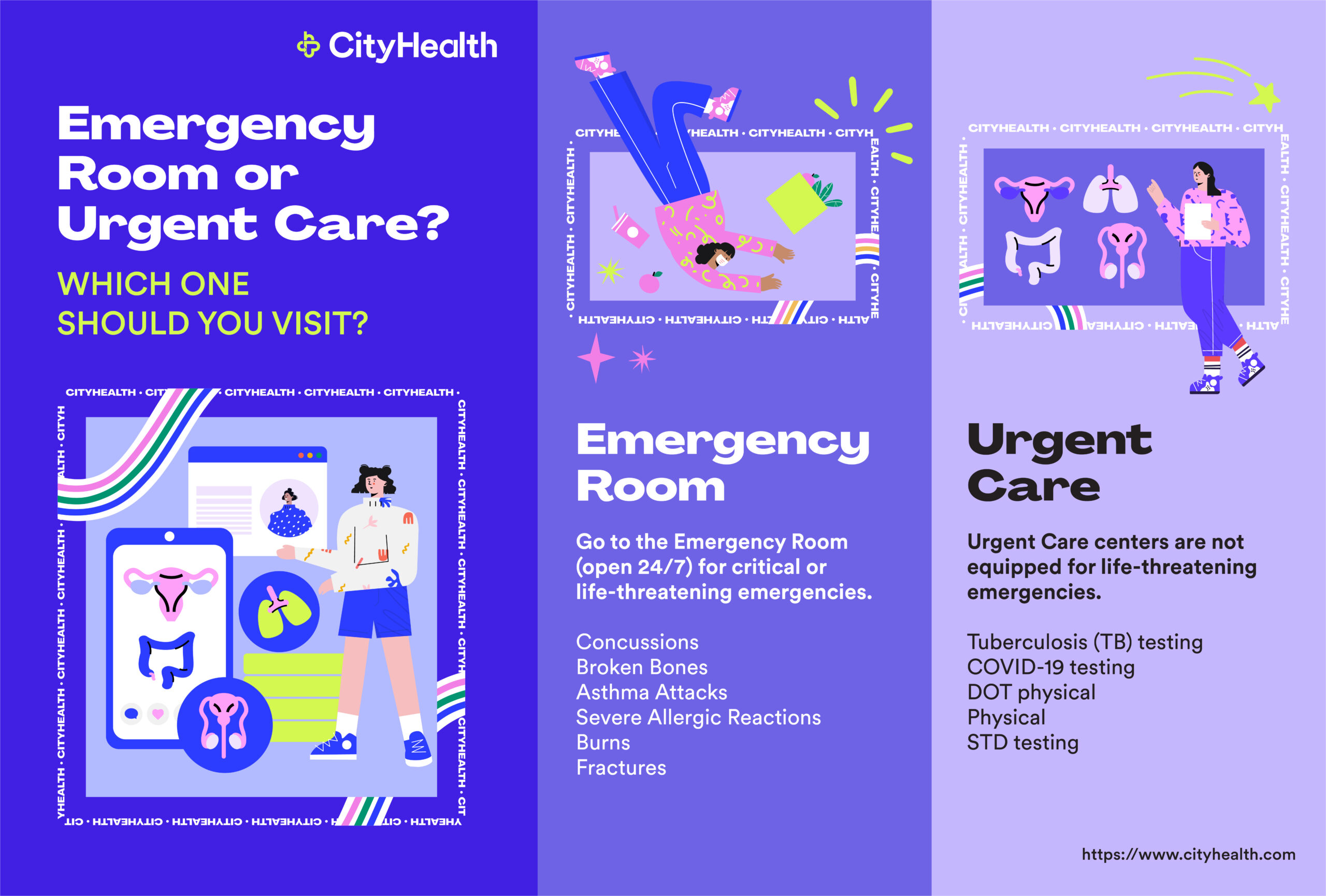Things That Cause Stress
In its simplest form, stress is the body’s way of reacting to certain stimuli. Stress is a series of biochemical and physiological changes designed to help you, not hurt you. Everyday life contains small amounts of stress, which are not dangerous to your health. The stress of hearing your alarm go off is what gets you out of bed in the morning, for example. This stress is short-lived (the alarm only goes off for a few seconds), and productive (you get up and start your day). Stress can become a problem; however, when you’re subjected to very high amounts of stress for very long periods. Workplace stress, for example, can have terrible side effects for your health because you’re experiencing the difficulty of a stressful workplace while you’re at work, and probably feeling stressed about work when you come home, too. While everyone has different triggers or past experiences that impact their stress levels, the most common stress sources are:- Workplace stress. Long hours, impossible objectives, too much responsibility, workplace harassment, and a toxic work environment can cause workplace stress. The fear of losing your job, ruminating over work problems, and worrying about future workdays can also cause tremendous work stress even when you’re not at work.
- Life stress. Examples include the death or decline of a loved one, a relationship breakdown, or dealing with a chronic health problem (or caring for someone who is). Even happy events can cause stress, such as a marriage, purchasing a house, or a child’s birth.
- Emotional Stress. Worrying is incredibly stressful and is often a result of our attitudes and perceptions. For instance, some people believe the world to be a bad, dangerous place and live in constant fear of being the victim of crime, causing themselves unnecessary worry and stress.
Avoidable Stress
While some stresses are immediate and unavoidable (like being chased or startled by a loud noise), there are many stressful situations that you can avoid, such as:- Reliving Stressful Situations: Playing an unpleasant event over in your mind causes you to re-experience the same stress repeatedly. While it can be difficult, it’s important to let negative memories go. (Feel free to replay those positive ones, though! Science shows that reliving positive memories can help reduce stress and even reverse depression)
- Assuming the Worst: Overly pessimistic thinking is terrible for your mental health. Worrying about things you can’t control only results in unnecessary stress, and assuming a bad outcome is linked with higher levels of anxiety, depression, high blood pressure, heart disease, and sleep problems.
- Over-engaging with Social Media: Whether you’re a lurker or an oversharer on social media, you can become stressed viewing posts that upset you, perhaps because you don’t agree with the content (like political posts), or the posts make you feel bad about yourself (like pictures of friends on vacation while you’re stuck at work). Set boundaries and limit your time online to avoid getting worked up about what people post on Facebook, Instagram, or Twitter.
- Poor Time Management: Constant tardiness, running out the door at the last minute, and worrying about being late and unprepared will cause stress and can also exacerbate other types of stress (i.e., work stress). Likewise, procrastinating is just “saving up stress for later, but paying with interest,” as you’ll likely be even more stressed and frustrated when you’re short on time.
Short-Term and Long-Term Effects on the Body
There are both short-term and long-term responses to stress. Short term effects come on quickly and dissipate reasonably soon as well, usually after time or when the stressful stimuli stop. Long term effects aren’t nearly as noticeable as short term effects, but they’re generally much more harmful.Short Term Effects of Stress
Short term stressors result in you experiencing the “fight or flight” response, such as: – a racing heartbeat and increased blood pressure; you can feel your heart pounding – sweating, including clammy palms – shortness of breath or hyperventilating – sudden change in appetite – dry mouth – trembling or shaking – grinding or clenching teeth – dizziness, confusion, or trouble focusing – tense, twitching muscles – upset stomach, diarrhea, or constipation – headache or migraine – difficulty sleeping – chest pain These defense mechanisms are courtesy of your sympathetic nervous system and evolved to help you flee danger. However, your nervous system is not quite as evolved as the stresses you face every day. It can’t tell the difference between a balloon mortgage payment or a hungry lion, which is why you may feel the same sensations at your bank statement that you would at a changing bear.Long Term Effects of Stress
You’ll probably notice a sudden upset stomach, sweaty palms, and dry mouth. What you may not see is a growing ulcer, hypertension, or worsening depression. While short term stress is unpleasant, it’s short term unpleasantness is designed to inspire action. However, long-term stress is such a tremendous health problem because it worsens many other health problems. Long term side effects of stress include:- Chronic muscle pain from tense muscles, especially in the back and shoulders
- Migraines or constant tension headaches
- Panic attack disorder
- High blood pressure, causing a stroke, hypertension, or a heart attack
- Trouble sleeping
- Memory loss, both short term and long term
- Sexual problems, like loss of desire or premature ejaculation
- Irregular menstrual cycles in women
- Skin problems, like acne, psoriasis, or hair loss
- Worsening ulcers or digestive problems like irritable bowel disease
- Mental health problems like anxiety, depression, and Post-Traumatic Stress Disorder
- Eating disorders, ranging from anorexia and bulimia to overeating and obesity




